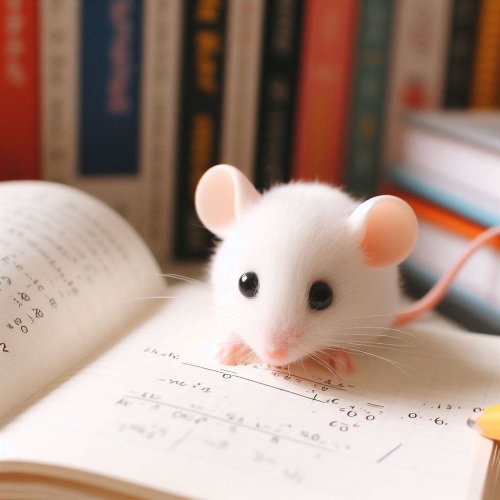Physics: Calculus, Differential Equations

Calculus: The Math of Change
Imagine you're riding a bicycle, and you want to know how fast you're going at different moments. Calculus helps you figure that out! It's like magic math that helps us understand how things change, whether it's how your speed changes while biking or how the temperature changes over time.
Here's how it works:
1. Rate of Change: In simple terms, calculus helps you find out how fast something is happening at a specific moment. If you're driving a car, it tells you how your speed is changing second by second.
2. Two Important Parts: There are two main parts of calculus - "differentiation" and "integration." Differentiation helps you find the rate of change (like how fast your speed is changing), while integration helps you add up all those tiny changes over time or distance.
3. Real-World Applications: Calculus is used in all sorts of things! Engineers use it to design bridges and buildings, scientists use it to understand how the Earth's climate changes, and even economists use it to study how money moves in the economy.
4. Learning the Basics: In calculus, you'll learn about slopes (how steep something is), curves (like the path your bicycle takes), and areas under curves (imagine coloring in the space under a curve with a crayon).
Differential Equations: Solving Math Puzzles
Now, think of differential equations as math puzzles. These puzzles help us understand how things change when lots of factors are at play, like in weather forecasting or how a disease spreads.
Here's how they work:
1. Equation with Rates: A differential equation is like an equation that involves rates of change. It tells us how things are changing over time.
2. Solving the Puzzle: Scientists and mathematicians use differential equations to solve real-world problems. For example, they might use them to predict the weather, which is a super complex system with lots of changes happening all the time.
3. Important Tool: Differential equations are an important tool in many fields, like physics, engineering, and biology. They help us make predictions and solve problems that would be too difficult to figure out without them.
In summary, calculus helps us understand how things change over time, and differential equations are like math puzzles that help us solve complex real-world problems involving lots of changes. It's all about making sense of how the world works using math!